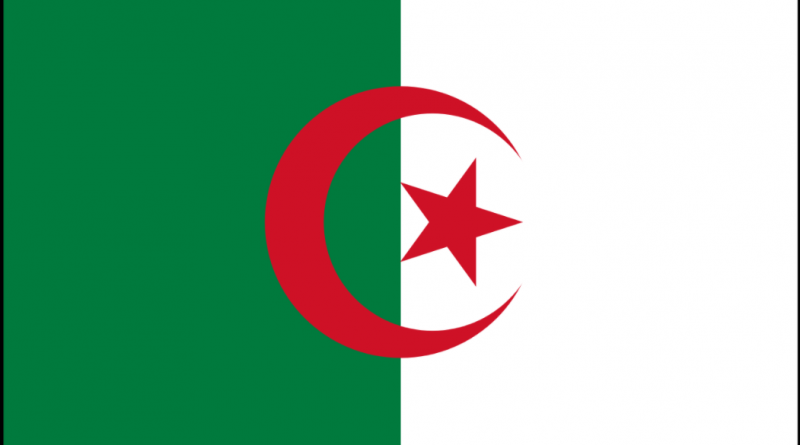Algerian Constitutional Referendum Fails to Satisfy Protestors
Zachary Schullian
Staff Writer
On November 2, Algerians approved a referendum to reform the constitution, despite record-low turnout, Al Jazeera reports. The bill was passed with approximately two-thirds of the vote. However, less than a quarter of registered voters casted ballots, and fewer than 15 percent of eligible voters voted in favor of the referendum.
The constitutional referendum contained three main aspects: reducing presidential term limits from three terms to two, granting new powers for parliament and the judiciary, and permitting the national army to intervene outside the country’s borders, Reuters notes.
Algeria’s current president, Abdelmadjid Tebboune, achieved his position in December 2019 after protests by the Hirak movement forced former President Bouteflika to resign. However, the shift in power failed to quell the protests. The protests continued to call for the end of widespread corruption and military involvement in politics. The main protests were only halted by pandemic-related lockdowns. Since President Tebboune took office, many of Bouteflika’s close allies and former administration members have been tried and imprisoned on corruption charges.
Algerian Prime Minister Abdelaziz Djerad believes the new constitutional changes will lead the country in the right direction, by putting an end to the years of corrupt “gang” rule by Bouteflika’s administration, BBC News reports. Bouteflika had extended term limits in 2008, a move the referendum sought to respond to.
In addition to some in the Hirak movement, progressive, activist, and Islamic parties have voiced opposition to the amendment. Following the referendum, protesters took to the streets over the bill, which, in their eyes, fails to bring about “real change.” Some also called for those associated with the previous presidential administration to step down from government positions. Outsiders have also chimed in, viewing the new constitution as “imposed” rather than decided upon by the people.
In the past year, the new government has cracked down on freedom of expression over the peaceful Hirak protests, despite President Tebboune hailing it as helping to usher in a new political era.
Political discord combined with the coronavirus pandemic has caused the economy to struggle throughout the past year. In December 2020, Algeria reported a decrease in GDP by 0.2 percent, followed by an additional decline of 3.9 percent in March 2020. As a result, The Arab Weekly notes that many business owners and economic sector managers are fearful of making decisions due to high levels of uncertainty.
The political situation in Algeria is complex, which is in large part due to the country’s history. The constitution and political dynamic in the country are distinctly Algerian, due to having to fight a violent, eight-year war for independence from France. Algeria’s past revolutionary spirit remains extremely influential in today’s political dynamics. The National Liberation Front (FLN) was the main organization that led the fight against the French for independence. Today, the FLN holds 67 more seats than the next most popular party the People’s Legislative Assembly, which has 164 out of 462 seats. The ultimate goal of the popular Hirak movement, however, is to replace this established and incredibly powerful elite that has ruled the country since gaining independence in 1963.


